My Vet
Animal Hospital
Blog
Fun facts, information, and news directly from the My Vet Animal Hospital team!


Hyperthyroidism in Cats
Cats have 2 thyroid glands located in the neck on either side of the trachea. The thyroid gland produces thyroid hormones, crucial for regulating the metabolism of most of the organs in the body. In other words, the thyroid hormones control how fast the organs...

Why is my Vet Recommending a Pre-Anaesthetic Blood Test?
It is well known that general anaesthesia always involves a certain risk for the patient. In order to minimise those risks and reduce complications after the procedure there are certain diagnostic tools, such as a pre anaesthetic blood test, that we could consider...
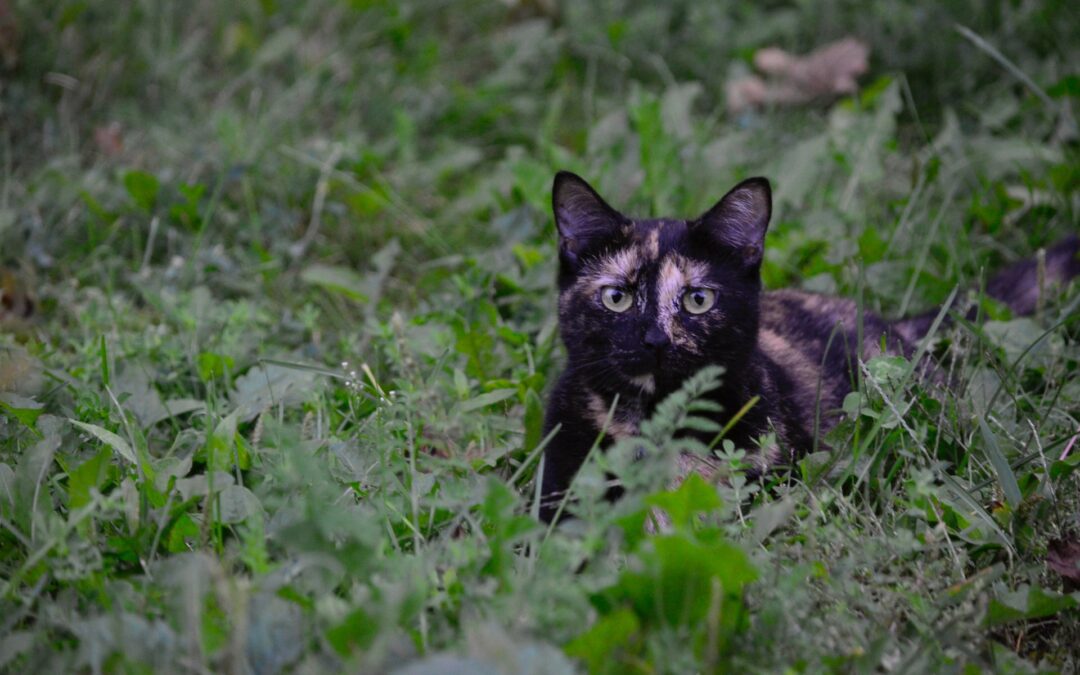
Should I let my cat outdoors?
Cats are more closely related to lions than we appreciate, and although they are domesticated, they still show their wild animal instinct when allowed. Yes, we all love to see a cat basking in the sun, stalking its prey, and exploring the garden as if it were the...

Why is my pet not losing weight?
Obesity results from an imbalance between the calorie intake and the calories burnt during the day. It has been estimated that over 40% of the dogs and 30% of the cats in Australia are considered overweight. Sadly, obesity is not only a cosmetic concern, it can also...
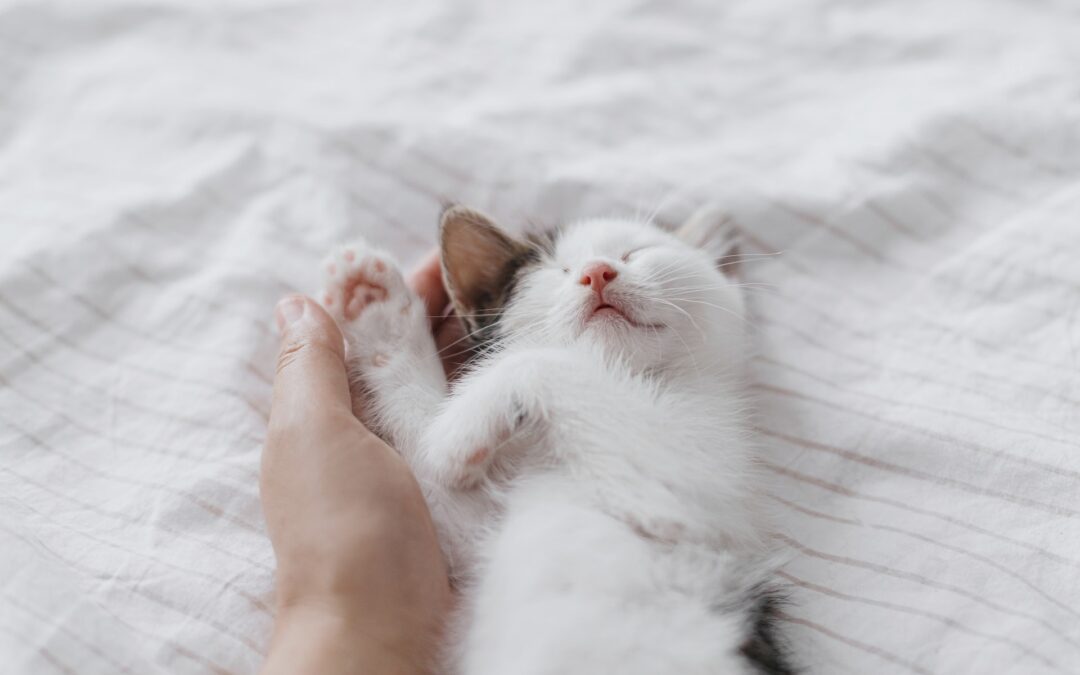
Heart Murmurs in Cats
What is a Heart Murmur? Heart murmurs can be an incidental finding auscultated by your vet during a routine check when listening to your cat's heart. Murmurs are caused by the high-velocity turbulent flow of blood as it travels through the heart. This happens when the...
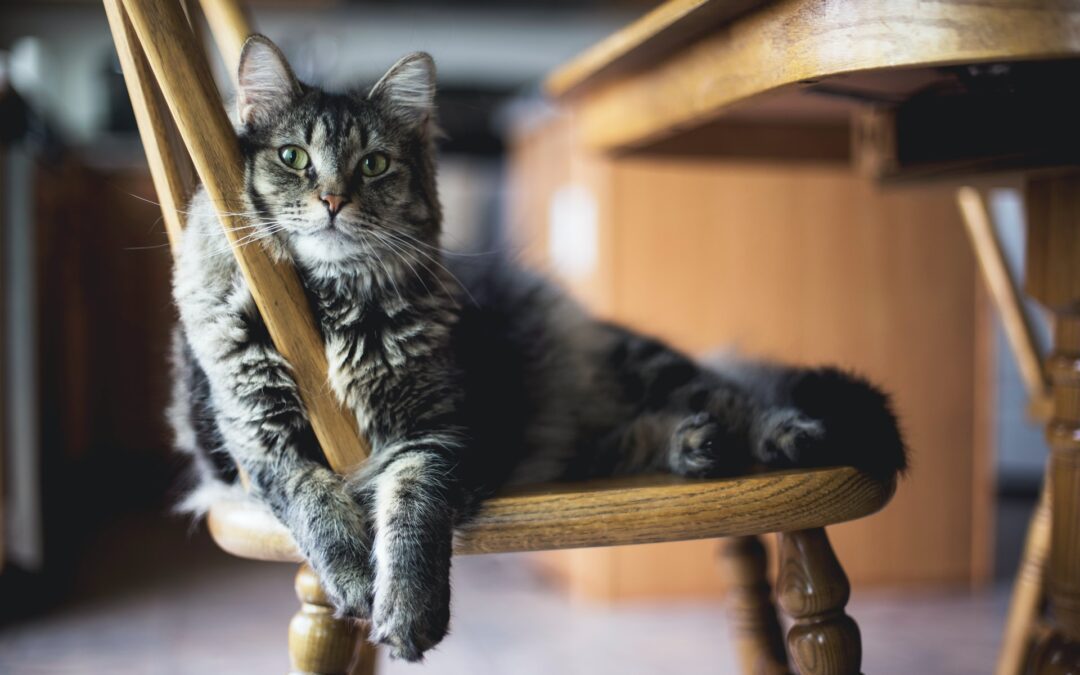
Why should I desex?
Desexing is one of the most important preventative care steps you can take as a pet owner for both cats and dogs, males and females. It will benefit the pet itself in preventative health terms, you, the pet owner in management terms, and the wider pet community in...
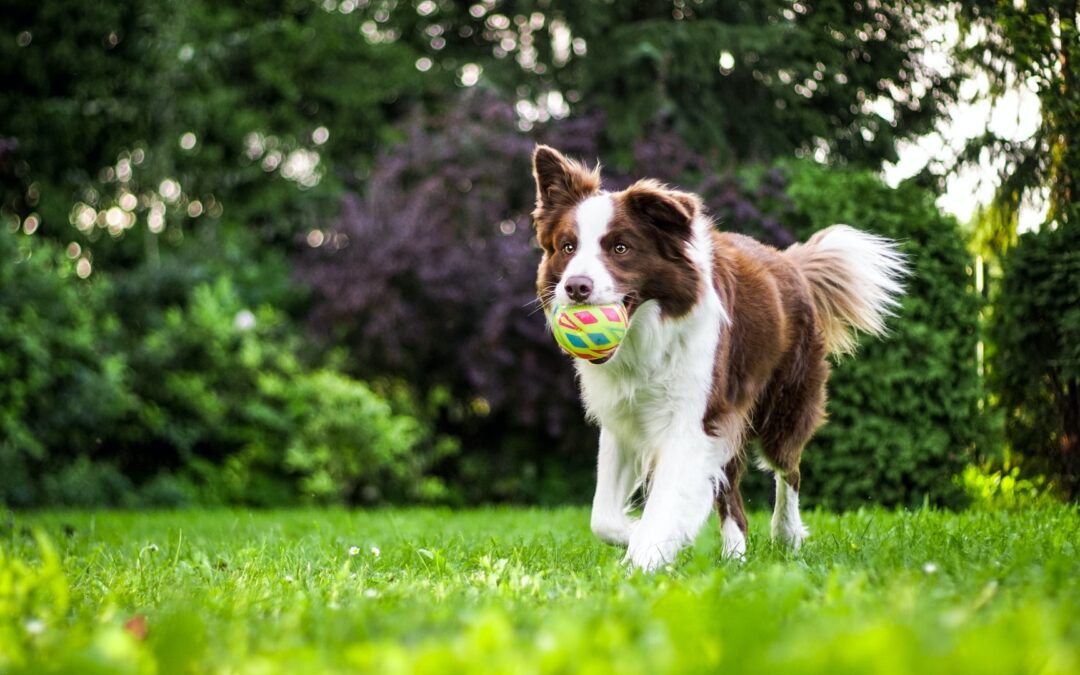
Myxomatous Mitral Valve Degeneration (MMVD)
The most common cause of a heart murmur in dogs is a disease called Canine myxomatous mitral valve degeneration (MMVD). It primarily affects older, small to medium sized dogs, however, any dog can be affected.What is Myxomatous Mitral Valve Degeneration (MMVD)? To...
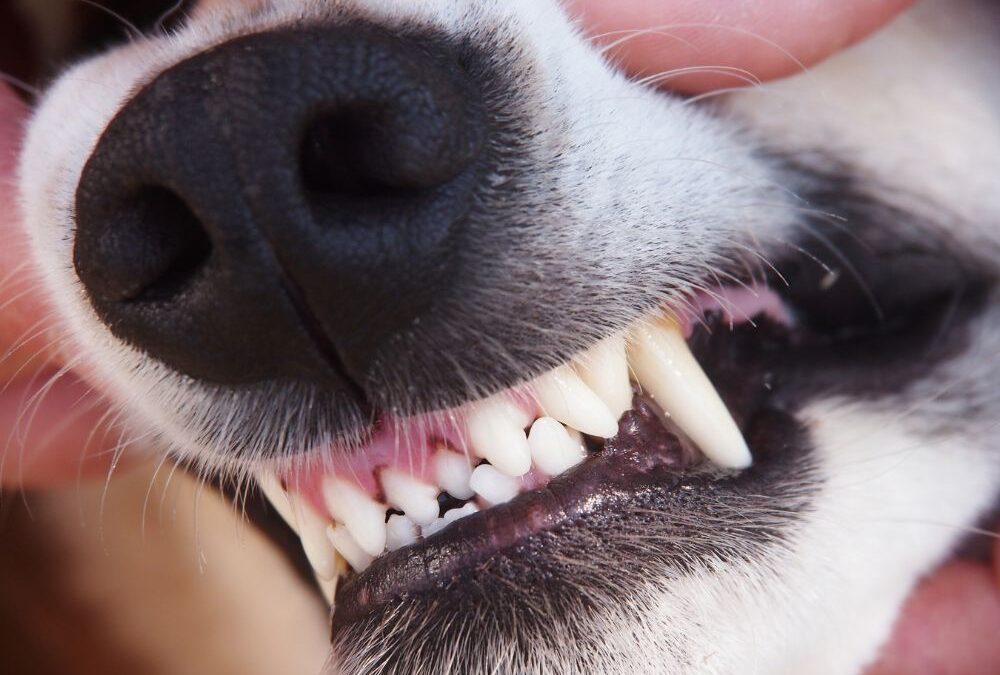
Base Narrow Canines Malocclusion in Dogs
What is a base narrow canine malocclusion? Base narrow canine malocclusion is also known as linguoverted canine. It occurs when the lower canines are hitting the roof of the mouth or the gums of the upper jaw, resulting in pain and discomfort.There are two main ways...
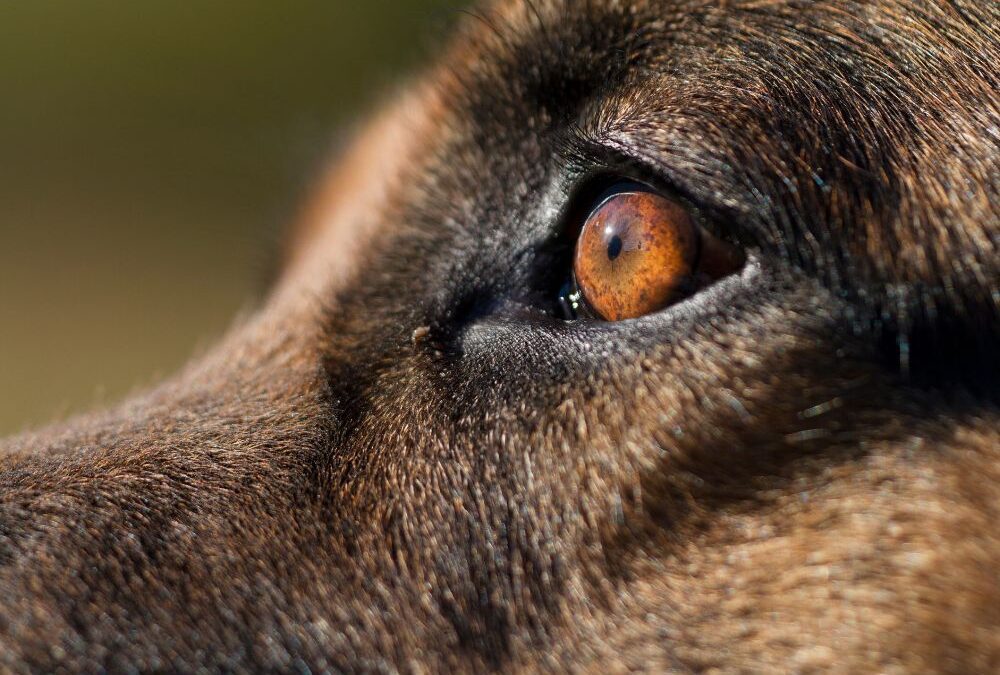
Entropion in Pets
What is entropion? Entropion is a painful and uncomfortable disorder in which the eyelid curls inward. This irritates the cornea when the eyelash or other hair rubs against it, which can lead to the formation of eye ulcers, perforation, or pigment on the cornea. This...

Physiotherapy in Pets
What is physiotherapy? Just as in humans, physiotherapy is a specialty that focuses on diagnosing and treating a number of conditions pertinent to the musculoskeletal system. The exercises and therapies a physiotherapist assign can be pivotal in both reducing...


